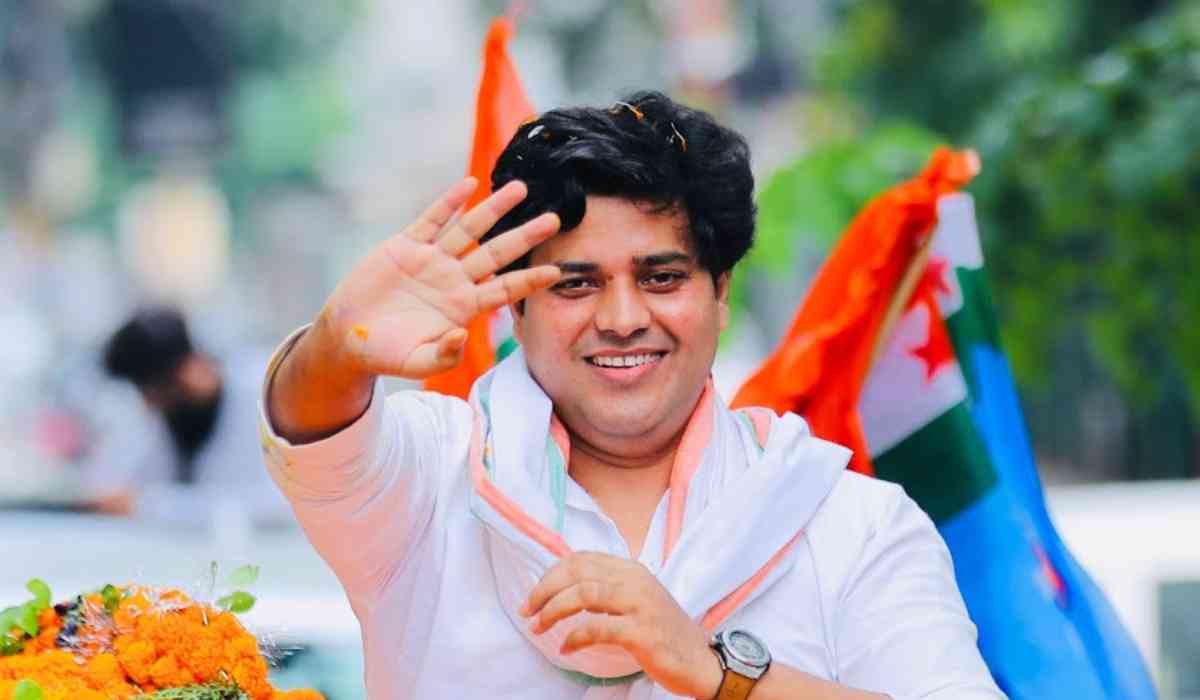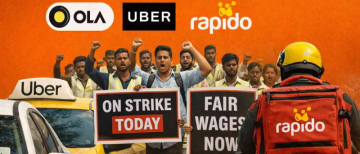In a pivotal ruling on March 28, 2025, the Supreme Court of India quashed a First Information Report (FIR) lodged by the Gujarat Police against Congress Rajya Sabha Member of Parliament (MP), Imran Pratapgarhi. The case stemmed from a social media post by Pratapgarhi, which featured a video with the poem "Ae Khoon Ke Pyase Baat Suno" as the background, sparking controversy and leading to the police filing charges under various sections of the Bharatiya Nyaya Sanhita (BNS). The Supreme Court's decision underscored the crucial importance of protecting the fundamental right to freedom of speech and expression.
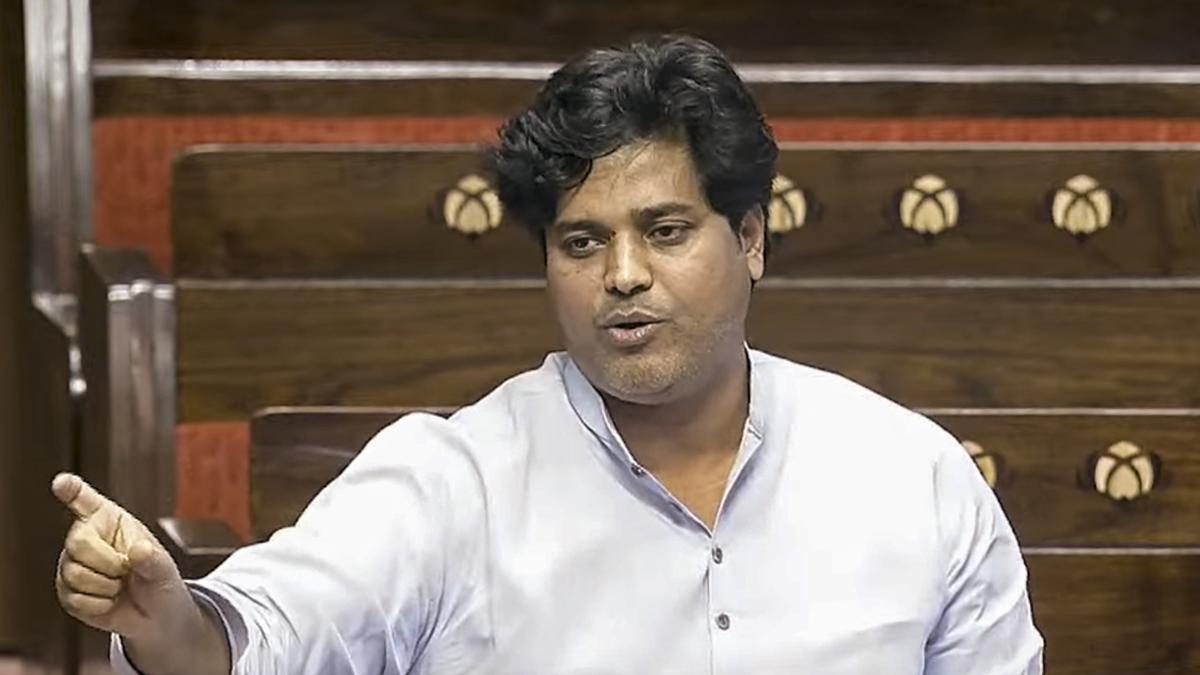
Background of the Case
The controversy began when a complaint was filed by an advocate’s clerk, alleging that the poem shared by Pratapgarhi on his Instagram account could promote enmity between religious groups. The video featured the poem "Ae Khoon Ke Pyase Baat Suno," which some perceived as an indirect critique of certain political figures. Based on this complaint, the Gujarat Police invoked multiple sections of the Indian Penal Code (IPC) and BNS, including Section 196, which deals with promoting enmity between different groups.
Pratapgarhi challenged the FIR in the Gujarat High Court, which refused to quash the charges, citing potential harm to social harmony. On January 25, 2025, the Supreme Court intervened, issuing an interim stay and allowing Pratapgarhi’s petition. The case ultimately reached its climax on March 28, when the Supreme Court ruled in favor of Pratapgarhi, quashing the FIR.
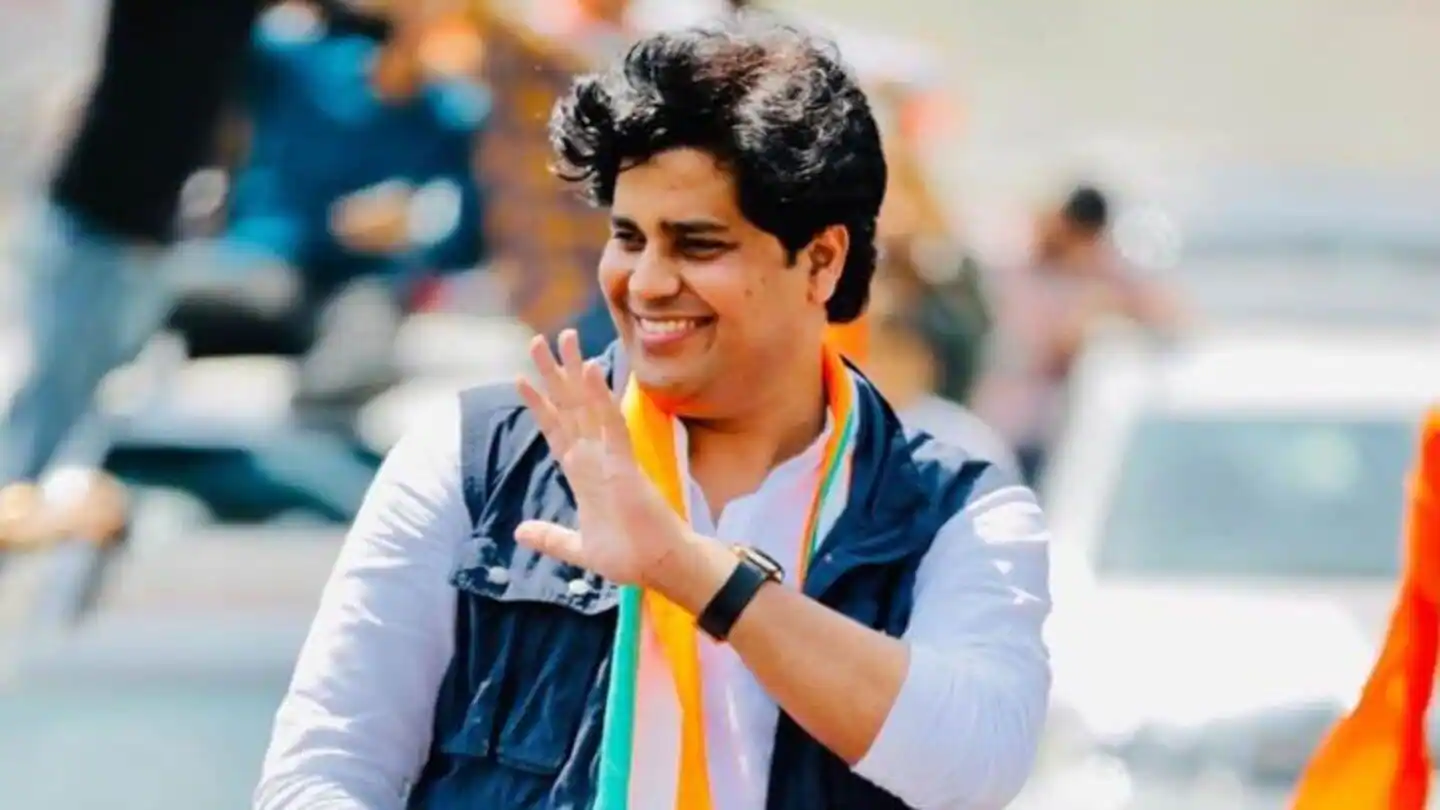
Key Takeaways from the Supreme Court's Judgment
1. Protection of Free Speech Is Paramount:
The Bench, led by Justice Abhay Oka and Justice Ujjal Bhuyan, emphasized that freedom of speech and expression is a cornerstone of democracy and a fundamental right guaranteed under Article 19(1)(a) of the Constitution. The Court highlighted that the expression of thoughts and opinions—even those that may be disliked by the majority—should be protected and cannot be suppressed unless there is a clear and present danger to national security or public order.
"Without freedom of expression of thoughts and views, it is impossible to lead a dignified life, guaranteed under Article 21 of the Constitution."
2. Courts Must Uphold Constitutional Rights, Even When They Disagree:
One of the most significant aspects of the ruling was the Court's stance on the role of judges in protecting fundamental rights, even when the content in question may not align with their personal beliefs. The Court stated that judges are bound by the Constitution to uphold rights, irrespective of whether they find the speech in question objectionable.
"The Courts are duty-bound to uphold and enforce the fundamental rights guaranteed under the Constitution of India. Sometimes we judges may not like the spoken or written words, but still, it is our duty to uphold the fundamental rights under Article 19(1)."
3. The Importance of Literature and Art in Free Expression:
The Supreme Court also underscored the role of literature, art, drama, and satire in society, noting that such forms of expression are vital in making human life more meaningful. The Court asserted that even if a significant portion of the population dislikes certain viewpoints, the right to express those views must be respected.
"Literature including poetry, dramas, films, stage shows, satire, and art make the life of human beings more meaningful."
4. The Role of Police in Protecting Constitutional Ideals:
The Court expressed dissatisfaction with the Gujarat Police for rushing to file the FIR without sufficient consideration of the freedom of expression guaranteed under the Constitution. It highlighted that the police, as public servants, are also bound by the Constitution and must respect the ideals it enshrines.
"The police officer must abide by the Constitution and respect the ideals. The philosophy of the constitutional ideals can be found in the Constitution itself. The police officers being citizens are bound to abide by the constitution and they are bound to uphold the right."
5. Reaffirming the Importance of a Dignified Debate:
The Supreme Court pointed out that in a healthy democracy, conflicting views should be countered by alternative viewpoints, fostering a space for dialogue and debate. The decision reinforced that censorship or restrictions should never be used to stifle dissenting opinions.
"In a healthy democracy, the views of thoughts expressed by an individual or group of individuals must be countered by expressing another point of view."
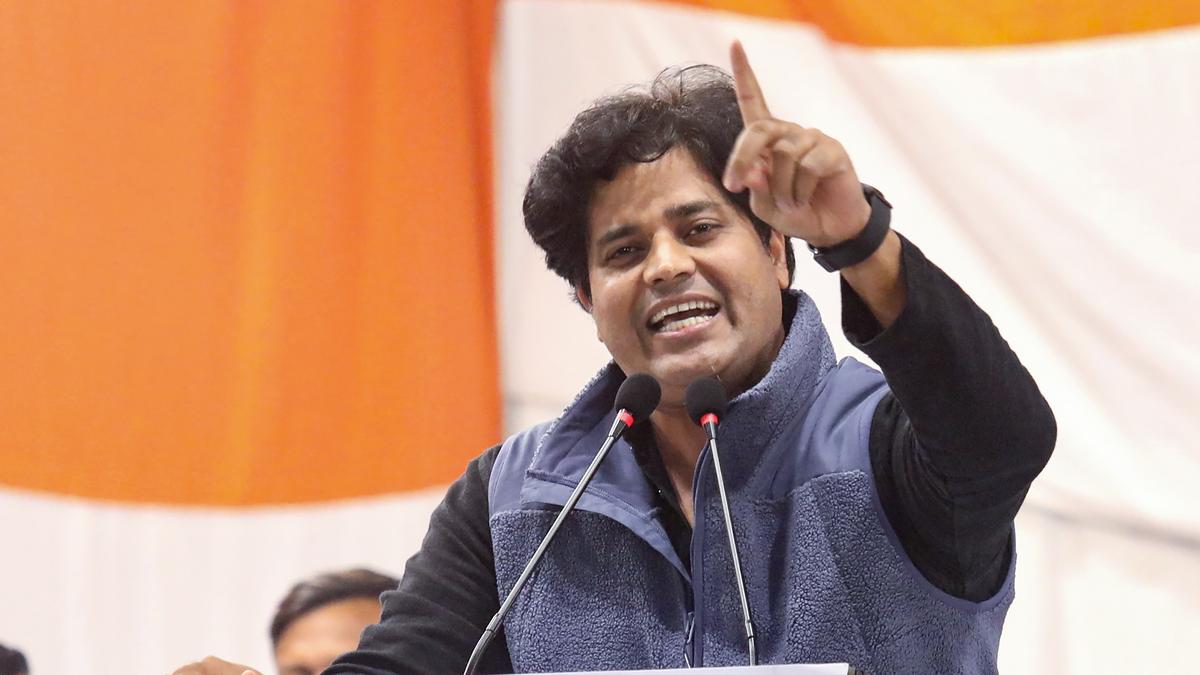
What Led to the FIR?
The initial FIR was filed under sections 196, 197, 299, 302, and 57 of the BNS. These sections pertain to promoting enmity, deliberate acts intended to outrage religious feelings, and other related offenses. The complaint specifically cited references within the poem that could be interpreted as anti-government or provocative. The Gujarat High Court, however, had previously declined to quash the FIR, suggesting that the content might disturb public harmony and should undergo further investigation.
Despite the Gujarat High Court’s stance, the Supreme Court ruled that the poem did not pose any direct threat to national integration or social harmony, emphasizing that the content was neither anti-religious nor anti-national.
The Court's Conclusion
In its final ruling, the Supreme Court quashed the FIR, asserting that the freedom of speech could not be judged based on the standards of individuals who may perceive criticism as an attack on their power or status. The Court cautioned that such reactions should not influence the judicial process, and emphasized the reasonable restrictions permissible under Article 19(2) must never overshadow the core right to free speech.
"Article 19(2) cannot overshadow Article 19(1) and cannot be fanciful."
_1743149489.jpg)
Impact on Free Speech in India
This ruling marks a significant victory for the freedom of speech and expression in India, affirming that individuals have the right to express their views, however controversial or unpopular they may be. The case also highlights the growing importance of judicial independence in ensuring that fundamental rights are not trampled upon by overzealous law enforcement or politically motivated actions.
This decision reinforces the judiciary's role in ensuring that democratic principles, such as free expression and the protection of minority views, are upheld, even in the face of public or institutional pressure.
With inputs from agencies
Image Source: Multiple agencies
© Copyright 2025. All Rights Reserved Powered by Vygr Media.

